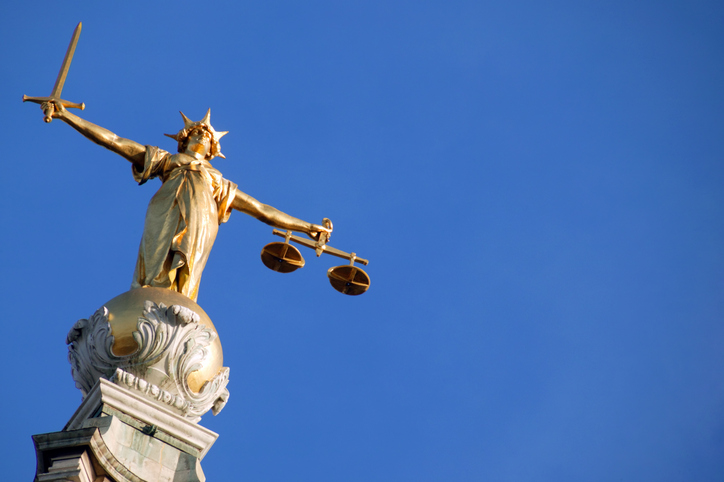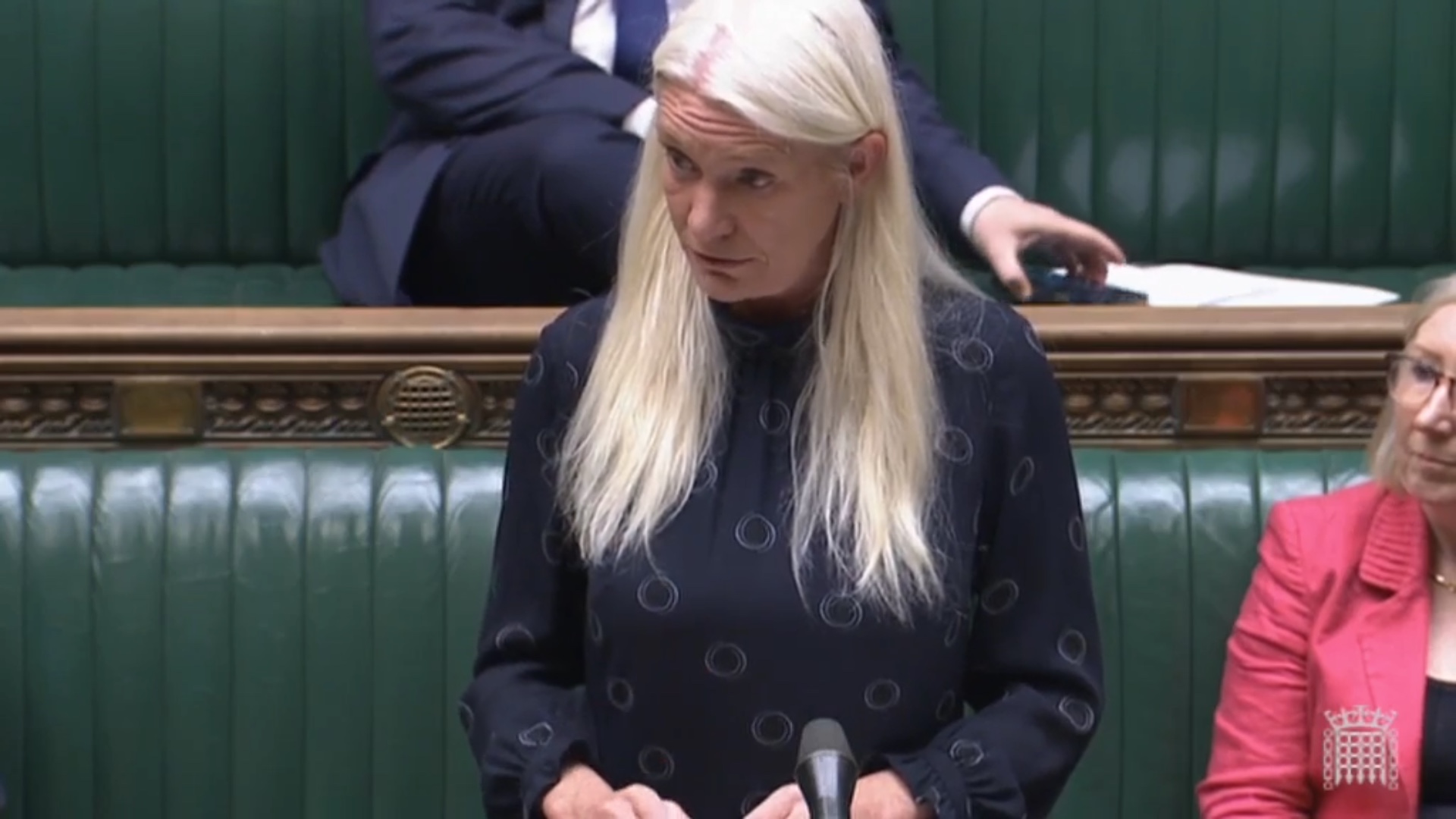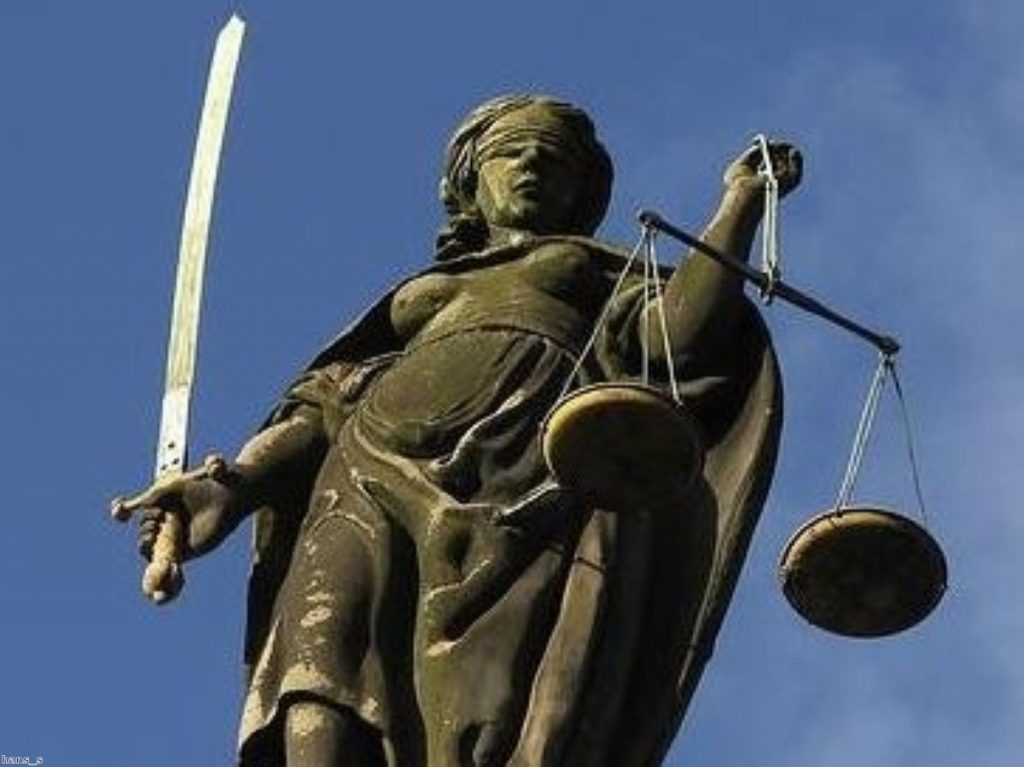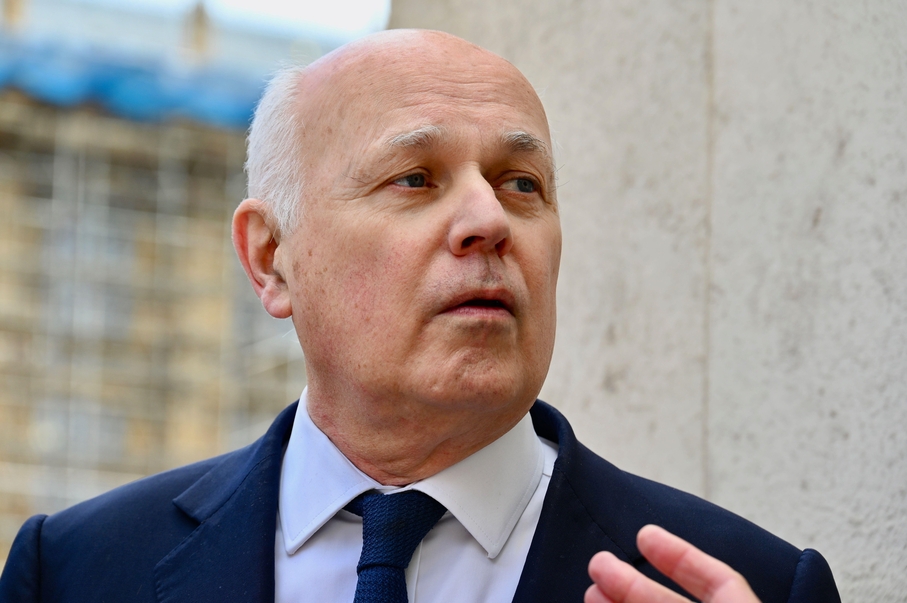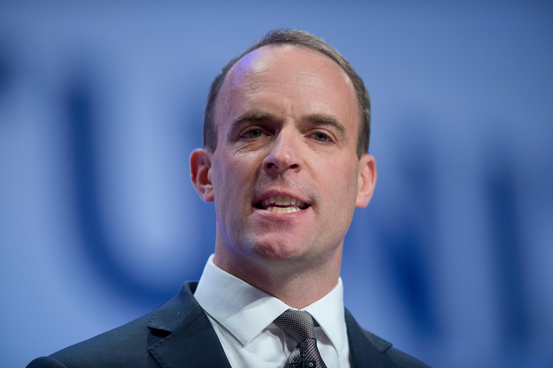What are Human Rights?
Human rights are fundamental rights that are deemed to belong to all people by virtue of their humanity. In the past, these rights have commonly been known as natural rights or “the rights of man”.
Human rights are ascribed to all regardless of descriptive factors like an individual’s age, ethnic origin, location, language, religion or ethnicity. This proclaimed “universality” has historically led to the pursuit of the human rights agenda at the international, as well as purely national level.
How are Human Rights Protected in the UK?
The Human Rights Act 1998
In the UK today, a number of fundamental individual freedoms are protected by the Human Rights Act 1998.
The Human Rights Act requires all UK law to comply with the European Convention on Human Rights of 1950 (and its First and Sixth Protocols). It makes the Convention enforceable in UK courts, and requires the judiciary to interpret domestic law so as to comply with the Convention.


Appeals against the rulings of UK courts can still be taken to the European Court of Human Rights, as they could be prior to the Act.
There are 16 basic rights protected by the Human Rights Act.
The various Articles of the Convention proclaim the following: the right to life (Article 2); the prohibition of torture (Article 3); the prohibition of slavery and forced labour (Article 4); the right to liberty and security (Article 5); the right to a fair trial (Article 6); the prohibition of extra-legal punishment (Article 7); the right to respect for private and family life (Article 8); freedom of thought, conscience and religion (Article 9); freedom of expression (Article 10); freedom of assembly and association (Article 11); the right to marry (Article 12); the prohibition of discrimination (Article 14).
The First Protocol, moreover, proclaims the right to the enjoyment of private property, the right to education and the right to free elections. The Sixth Protocol forbids the death penalty, except during times of war (and then only in line with the law).
The Act applies to all public authorities (such as central government departments, local authorities and NHS Trusts), as well as other bodies, whether a public body or private organisation, which perform public functions such as delivering publicly funded care and operating prisons.
Because the rights in the Act are legally enforceable, if an individual thinks their rights have been breached they can take the accused organisation to court.
International human rights law
The Human Rights Act 1998 is not the only source of rights protection in the UK, nor does not cover all of your human rights. Other rights are protected by international human rights treaties which the United Kingdom has signed and ratified.
The seven United Nations (UN) human rights treaties that the UK has agreed to follow are:
International Covenant on Civil and Political Rights(ICCPR)
International Covenant on Economic, Social and Cultural Rights(ICESCR)
International Convention on the Elimination of All Forms of Racial Discrimination(CERD)
Convention on the Elimination of All Forms of Discrimination against Women(CEDAW)
Convention against Torture and Other Cruel, Inhuman or Degrading Treatment(CAT)
Convention on the Rights of the Child(CRC)
Convention on the Rights of Persons with Disabilities (CRPD)
The European Court of Human Rights
The European Court of Human Rights (ECHR) is not an institution of the European Union. It was created by the Council of Europe in 1950, 7 years before the EU’s founding text, the Treaty of Rome 1957, was ratified.
Even after Brexit, the UK remains one of the Council of Europe’s 47 members.
In originally signing up to the European Court of Human Rights, the UK committed to upholding certain fundamental rights, such as the right to life, the right to a fair trial, and the right to freedom of expression.
The Political Declaration accompanying the 2018 Brexit Withdrawal Agreement committed the UK to remaining within the ECHR. The European Parliament also passed two resolutions that made it clear that the UK needed to remain a party to the ECHR.
The revised political declaration of October 2019 set out that the future relationship should incorporate the UK’s continued commitment to “respect the framework” of the ECHR.
However, this does not mean the fundamental rights outlined in the ECHR are indefinitely safe from government meddling. The government could still pass laws that limit how ECHR case law is applied in UK courts.
In contrast to the ECHR, the European Charter of Fundamental Rights is part of EU law. The Charter did not create new rights, but codified rights and principles that already existed in EU law. The 2018 EU Withdrawal Act 2018 ensured it would cease to apply when the UK leaves the EU. Theresa May’s government argued this would not impact human rights in the UK because these would continue to apply as ‘retained EU law’ in the UK.
The European Court of Human Rights has attracted controversy with concerns increasing about the number of national court decisions that are overturned by the ECHR and the huge backlog of cases waiting to be heard.
Human rights around the world
Because human rights are inherently given to us as a consequence of our humanity, nationality should have no effect. However, nations around the world have different attitudes to human rights and there are frequent examples of international human rights abuse both past and present.
In 2011, the House of Commons Foreign Affairs Committee published a report on the Foreign and Commonwealth Office’s human rights work. The report provided an assessment of the UK’s activities overseas concerning human rights. The committee related that ‘what is deemed acceptable internationally, the criteria for designation remain vague, and the [UK’s] practice can appear inconsistent and restrictive’.
There are persistent allegations of human rights abuses internationally, and China is the centre of many. China is facing great international criticism over its treatment of the mostly Muslim Uighur population in the north-western region of Xinjiang. China is accused of committing genocide and crimes against humanity through its repression of the Uighurs.
In terms of the United Arab Emirates (UAE), Amnesty International reports that the UAE ‘restrict freedom of expression, taking measures to silence citizens and residents who expressed critical opinions on COVID-19 and other social and political issues’. The 2022 World Cup scheduled to take place in Qatar has reignited the debate over the human rights record in that country.
Recent history of human rights in the UK
The modern, legal approach to human rights stems from the 1948 United Nations Declaration on Human Rights. This was the first international, secular agreement on the rights of man, which stemmed from the desire of the world’s governments to prevent the recurrence of the atrocities of the Second World War by setting out a “common standard of achievement for all peoples and all nations”.
The text was, and remains, non-binding, but it retains its force as the primary authority on human rights, and has been supported by the UN’s ongoing work to encourage its incorporation into domestic laws.
Shortly afterwards, in 1949, the Council of Europe was founded, to promote human rights, parliamentary democracy and the rule of law. Its principal instrument was to be the European Convention on Human Rights, published in 1950, which took up the rights proclaimed in the UN Declaration. The UK played a leading part in the drafting of the Convention, and was one of the first countries to ratify it, in 1951.
During the next ten years, an international judicial system of authority was established to ensure that participant states complied with the Convention. Under the system, the European Commission on Human Rights, set up in 1954, would examine complaints brought by individuals, organisations or other states and rule on their admissibility, before passing them to the Committee of Ministers of the Council of Europe. The Commission, Committee of a contracting state then had three months in which to bring the case before the European Court of Human Rights (established in 1959) for a final, binding adjudication. Individuals were not permitted to bring cases to the Court until 1966.
The expansion of the Council of Europe in the 1980s and 1990s saw the workload of the Convention institutions grow dramatically, with the Commission handling 404 applications in 1981 and 4,750 in 1997, and the Court hearing 7 cases in 1981 and 119 in 1997. In 1998, the part-time Court was replaced with a full-time body.
The ECHR placed all of the original 1948 rights into three categories: absolute, limited and qualified. The prohibition of torture, as an absolute right, was not to be interfered with in any circumstances; limited rights, such as the right to liberty and security, could only be breached in line with the law of the land; and qualified rights could be interfered with if this was deemed to be “necessary in a democratic society in the interests of public safety, for the protection of public order, health or morals, or the protection of the rights and freedoms of others”.
The Labour government elected in 1997 pledged to incorporate the Convention directly into UK law. In the preceding years, a strong movement calling for this had built up in opposition to the ruling Conservative governments, which many opponents claimed had undermined the social and economic consensus that had prevailed until then – particularly in respect of labour rights. Lacking a codified constitution setting out the rights of citizens, many believed that the doctrine of Parliamentary Sovereignty did not provide adequate protections for individual rights from intrusive government. The subsequent Human Rights Act 1998 came into force on October 1 2000.
In 2006, the UN set up the Universal Periodic Review which ensured, for the first time, that the human rights records of all Member States would come under regular scrutiny.
The 2008 UN Convention on the Rights of Persons with Disabilities (UNCRPD) was the first human rights treaty of the 21st Century. It affirmed the human rights of disabled people.
In 2019, the UK government announced the appointment of its first human rights ambassador. Then-Foreign Secretary Jeremy Hunt appointed Rita French to the position. She remains in post in Boris Johnson’s government.
In 2020, a case was taken to the UK Court of Appeal which argued that the Covid lockdown regulations violated a number of rights under the European Convention on Human Rights (ECHR). It was argued that restrictions were not compatible with the right to liberty, the right to private and family life or the right to peaceful assembly. The court ruled in favour of the COVID regulations, arguing that they provided for a general defence of ‘reasonable excuse’ to ensure the safety of society.
Current debates around human rights in the UK
Human rights are controversial at the political and legal level because they proclaim the superiority of certain principles to a nation’s statute laws. The Human Rights Act 1998 resolved this conflict by explicitly bringing the Convention into UK law. However, although all other laws must comply with it, unlike many other nations’ “bills of rights”, the Human Rights Act has no privileged position in UK law. This contrasts with the United States of America USA, where changes to the Constitution require special procedures. In the UK, Parliament could theoretically repeal the Human Rights Act in the same way as any other law.
Also at the level of principle, there is considerable controversy as to what should or should not be included amongst “human” rights. Many have argued that “economic rights”- such as those outlined in the First Protocol – are not basic natural rights in the same way as the right to life. Whilst social conservatives have been outraged by legislation to recognise transgender people’s new identities and to sanction homosexual partnerships, deemed by the Government as necessary under the Human Rights Act or the human rights agenda more widely.
Critics of the Act have also argued that it has undermined the authority of Parliament – and as such, democracy itself – by handing so much power to the judiciary. The Act permits judges to deem legislation to be incompatible, and while the Government can appeal these decisions, the ultimate ruling of the European Court is final. The Government, however, maintained that the balance had not shifted. While judges can issue “declarations of incompatibility”, they are not empowered to strike down incompatible laws: rather, the Government must decide how to respond to a declaration.
Nonetheless, there have been a number of high profile clashes between the Coalition government, and the subsequent, Conservative government, and the courts over several criminal justice and immigration measures since the Human Rights Act came into force. Measures that have been challenged include the suspension of benefits for “late claim” asylum seekers, the Home Secretary’s power to set “tariffs” on sentences and the detention of terrorist suspects without charge.
Human rights groups, on the other hand, argue that the Human Rights Act does not go far enough, and point to numerous opportunities in the Convention for governments to opt out of certain provisions in the interests of national security. The widened definition of “national security” in the post September 11 world, it is argued, gives public authorities too much licence.
In 2006, the Conservatives, led by David Cameron, pledged to abolish the Human Rights Act if they were elected to power and replace it with a British Bill of Rights. Cameron’s eventual coalition partners, Nick Clegg and the Liberal Democrats, were adamant the Human Rights Act would not be repealed, creating something of a dilemma for the Coalition.
Upon forming a majority Conservative government following the 2015 election, the Conservatives pushed ahead with proposals to scrap the Human Rights Act. However, this was interrupted by the 2016 EU referendum and subsequent ‘Brexit’ negotiations.
The Conservatives’ 2017 manifesto stated the party would not replace or repeal the Human Rights Act while the process of Brexit was underway, but would consider “our human rights legal framework” once the UK had left the EU.
The 2019 Conservative manifesto proposed to ‘update the Human Rights Act and administrative law to ensure that there is a proper balance between the rights of individuals, our vital national security and effective government’. It also committed to setting up a Constitution, Democracy and Rights Commission to make proposals within a year.
In December 2020, Boris Johnson launched a review of the Human Rights Act concerned with evaluating the ‘relationship between the UK’s domestic courts and the European Court of Human Rights’.
The Labour, Liberal Democrat, and SNP are all committed to retaining the Human Rights Act.
Statistics
Since it was established in 1959 the Court has [by 2020] delivered 23,406 judgments. Around 40% of these concerned 3 member States of the Council of Europe: Turkey (3,742), the Russian Federation (2,884) and Italy (2,427).
In 84% of the judgments it has delivered since 1959, the Court has found at least one violation of the Convention by the respondent State.
Nearly 40% of the violations found by the Court have concerned Article 6 of the Convention, whether on account of the fairness (16.79%) or the length (20.86%) of the proceedings.
The second most frequently found violation has concerned the right to liberty and security (Article 5).
Lastly, in more than 16% of cases, the Court has found a serious violation of the Convention, concerning the right to life or the prohibition of torture and inhuman or degrading treatment (Articles 2 and 3).
Source: European Court of Human Rights – 2020
Quotes
“Human rights is a cause that runs deep in the British heart and long in British history……..We are not and never will be a country that walks on by while human rights are trampled into the dust.” – David Cameron; Strasburg speech – January 2012
‘Keep the European Convention, it’s a fine thing… We wrote it. Get out of the EU.’ – Boris Johnson; speaking to a Vote Leave backers in York in 2016,










